Jhpiego’s Chief Medical Officer Gives Answers—and Makes a Confession
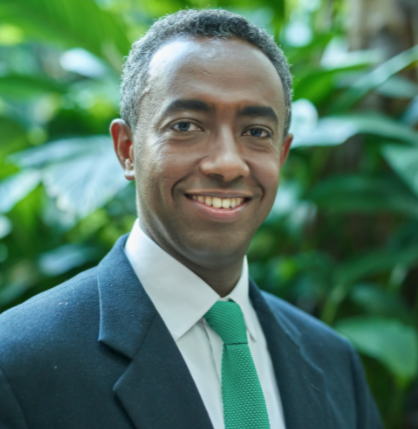
By Maryalice Yakutchik
Every cent of the $40,979 raised during 2021 Global Miles for Mothers is destined for one of the world’s most vulnerable communities—Sofala province in Mozambique, where Cyclone Idai destroyed the Dondo Health Center and then COVID-19 delayed repairs.
When it reopens in 2022, in addition to being clean, air-conditioned and outfitted with lifesaving equipment, the Dondo Health Center will blaze a new trail with an emphasis on men’s health. Along with strengthening care for the usual clientele—women, children and adolescents seeking youth-friendly services—the facility will feature spaces set aside specifically for men and will be staffed by providers trained to talk with and care for men.
Before Idai, Dondo staff had provided voluntary medical male circumcision services for HIV prevention at the facility. But comprehensive men’s health care by specially trained providers in a place designed to be welcoming to men—that’s something new. And overdue.
Men in Mozambique, as in many places where Jhpiego works, don’t routinely seek care.
A 2018 World Health Organization report on the well-being of men highlighted the global problem: “There is general agreement that men’s reproductive health needs are not being met, including in relation to family planning, prevention and treatment of sexually transmitted infections, healthy sexuality and infertility.”
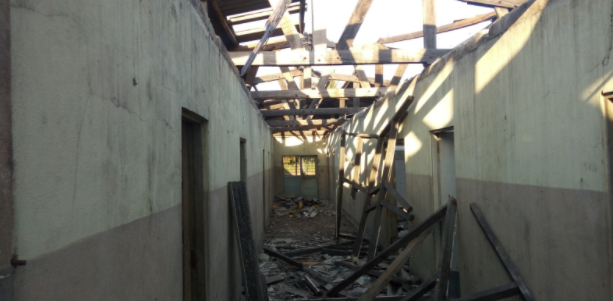
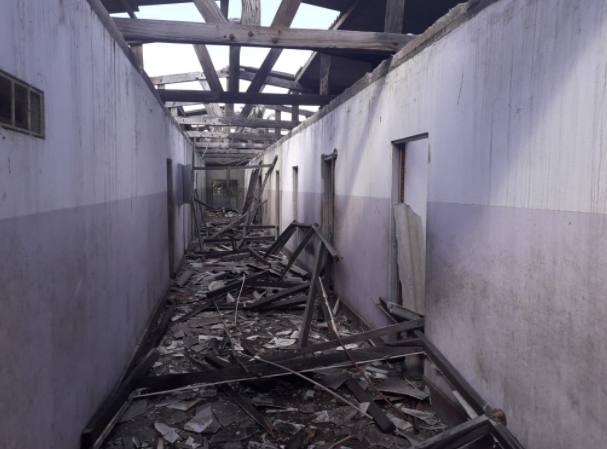
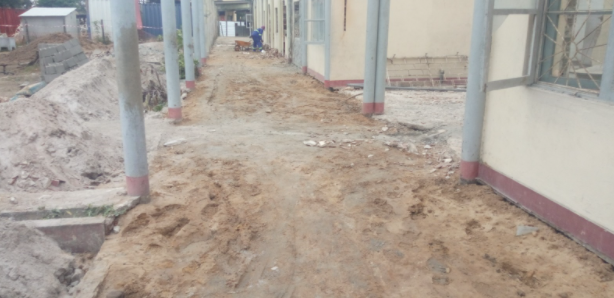
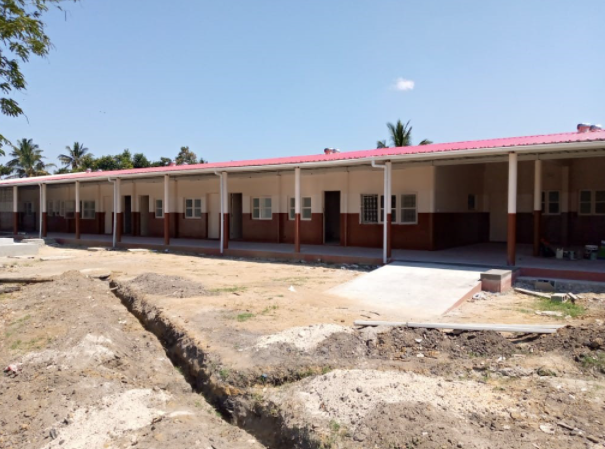
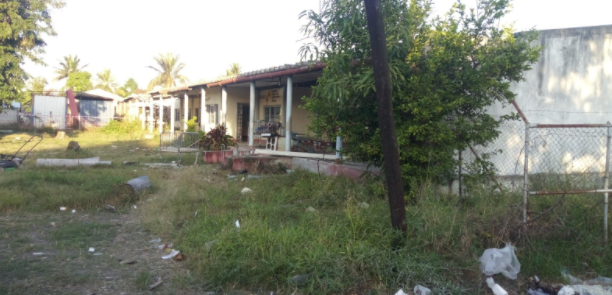
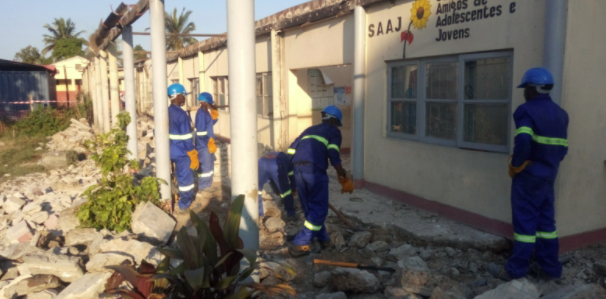
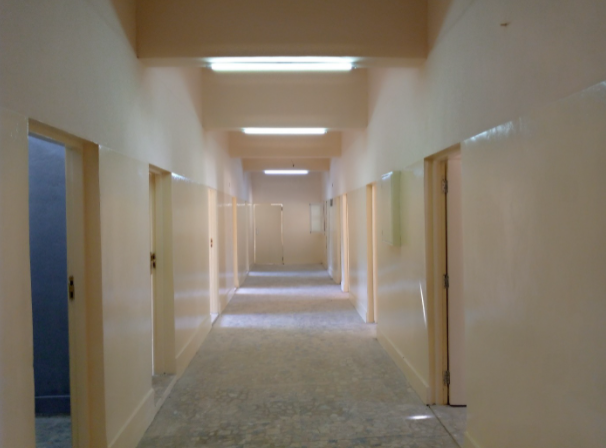
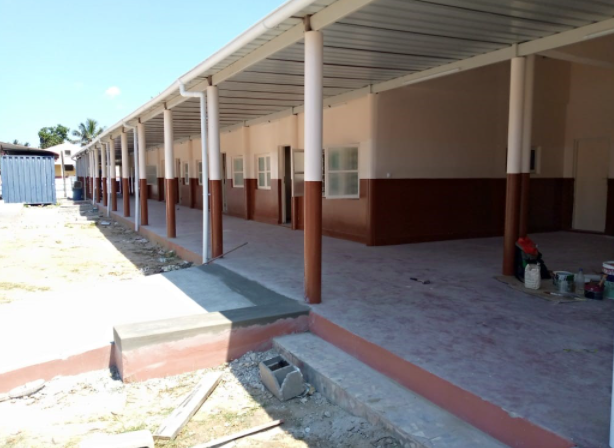
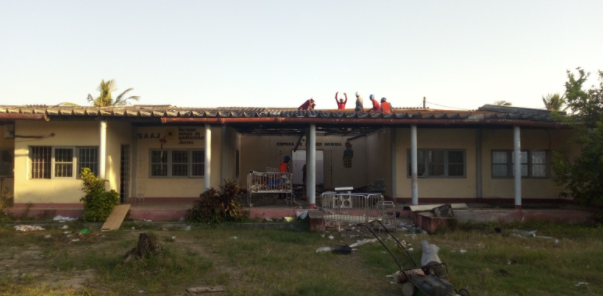
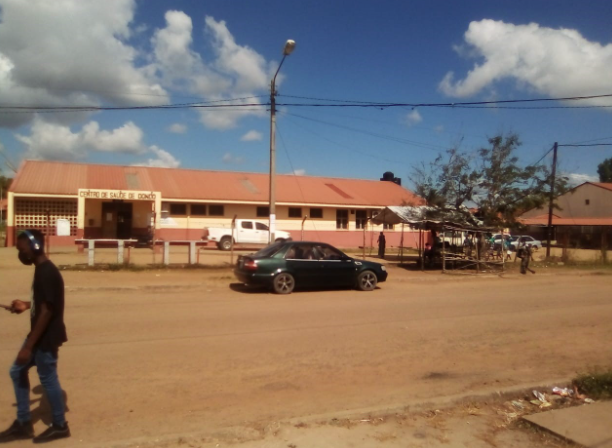
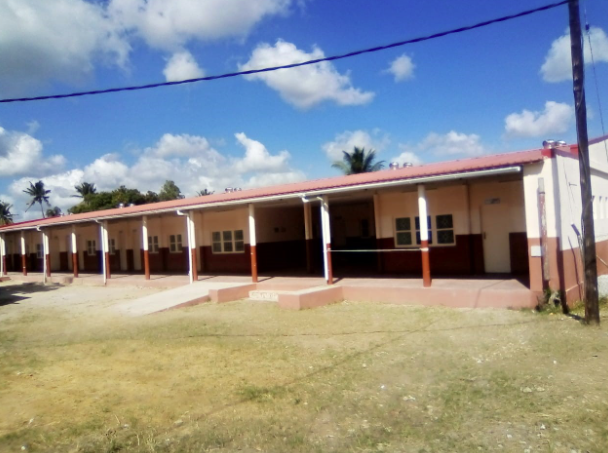
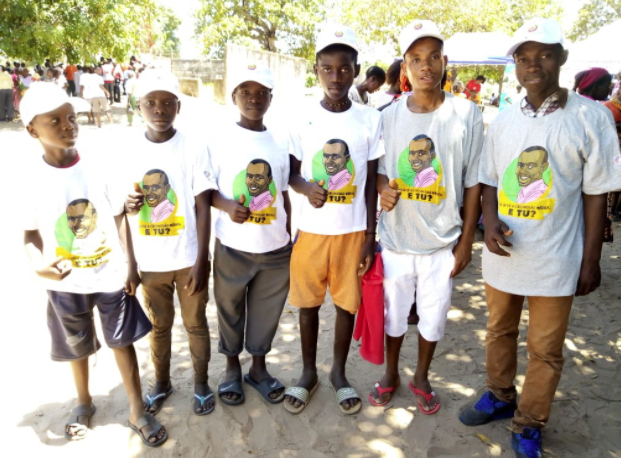
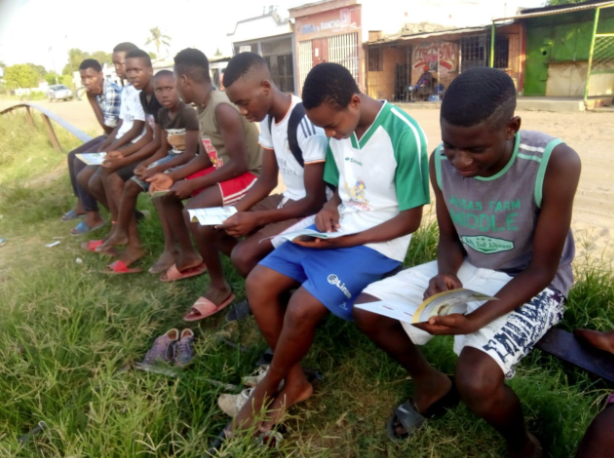
The same report also issued a challenge: “Gender-responsive health systems need to ensure a model of care that makes health services more accessible for boys and men and that addresses the impact of masculinities on health across the life-course. This should include people-centred health services actively reaching out to men at high risk and acknowledging diversity across different groups of men. Growing evidence shows that when a gender approach is applied men will change the way they engage with their own health.”
Notably, Mozambique reports gender differences in health outcomes, with male life expectancy just 59 years; an average of six years less than females.
Working with the Mozambique Ministry of Health as well as the province and district health directorates of Sofala and Dondo, Jhpiego is equipping and supporting the Dondo Health Center to address national guidelines of male engagement in health care. The men’s clinic will model integrated care and friendly services to reach a long-neglected population.
Jhpiego’s Chief Medical Officer Tigistu (Tigi) A. Ashengo explains why the health of men is critical to the health of women and families.
People know and trust Jhpiego as experts in maternal and child health. They love us because we’re all about moms and babies, right?
Tigi: Moms and their families, to be more accurate. Our emphasis on men’s health is neither a departure from our mission, nor a watering down, but in fact a broadening of it. Over this past half century of serving women and children, we’ve witnessed that men—and their health and well-being—are not just tangentially related to that mission, but integral to it. Therefore, we have been supporters of the need for an intersectional approach to break down harmful social gender norms and a redesign of health systems to make them more accessible to everyone, including men.
How so?
Tigi: Advancing the agenda for women’s health requires men to also be on board and vice versa. Originally, we engaged with men as we sought to tackle some fundamental challenges of maternal and newborn health. In Kenya, we held targeted community dialogues with men to improve their knowledge about family planning and reproductive health and maternal, newborn and child health. A main problem was that women weren’t accessing labor and delivery services in a timely way. When we traced that back, it came down to decision-making at home, mostly by men. So we began having conversations at the community level about changing that behavior. Our aim was for men to be supportive and understand the lifesaving benefits of timely labor and delivery care.
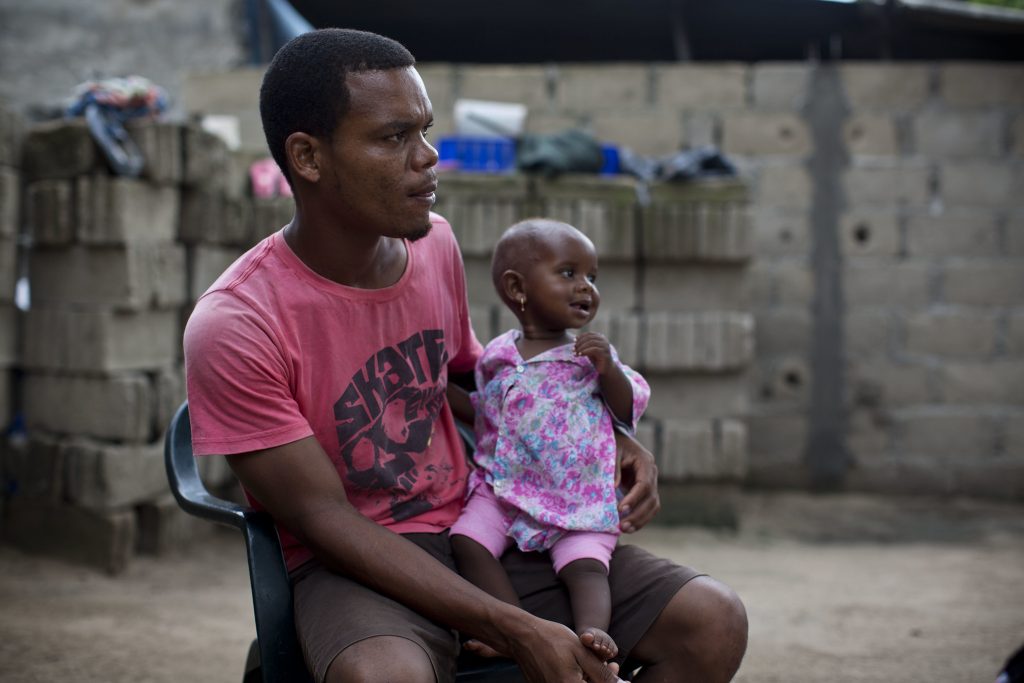
So we went from engaging with fathers to ensure timely labor and delivery care to a full response to men’s needs.
Tigi: Keeping men healthy benefits women and children not just at the critical moment of birth, but throughout the life course. Because at the end of the day, the burden of illness in a household disproportionately falls on the woman who, caring for ill family members, including males, will likely neglect her own care. That’s why any and all health policies—even if the focus is on women and childbirth, for instance—need to address men’s health.
When men have access to quality health care, their quality of life improves, and they learn to appreciate its importance and are more likely to promote and support family members in getting care.
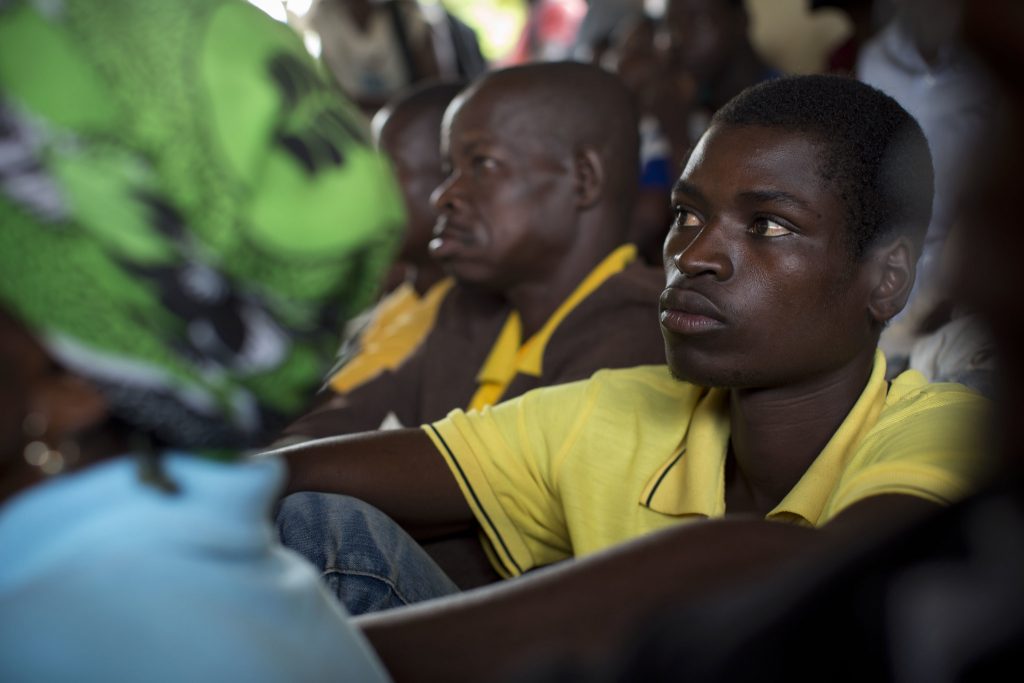
Can you talk more about Jhpiego’s history in this space, and how our focus is evolving?
Tigi: Within Jhpiego, we have long experience in caring for men, mainly in connection with HIV prevention and treatment, which has direct and indirect impacts on women’s and families’ health.
For example, in South Africa in 2018, 65% of women living with HIV were getting antiretroviral treatment compared to 56% of HIV-positive men; that same year, 140,000 women and 86,000 men became HIV positive. This is indicative, to some extent, of how women continue to be at increased risk of infection when husbands and partners don’t access or utilize care.
When you say care, are you referring in part to voluntary male medical circumcision?
Tigi: To a large degree, yes. Jhpiego’s VMMC program—which has provided more than 5 million men with a safe and simple surgical intervention that more than halves the risk of heterosexual transmission of HIV—informed the idea of establishing clinics that are men-friendly.
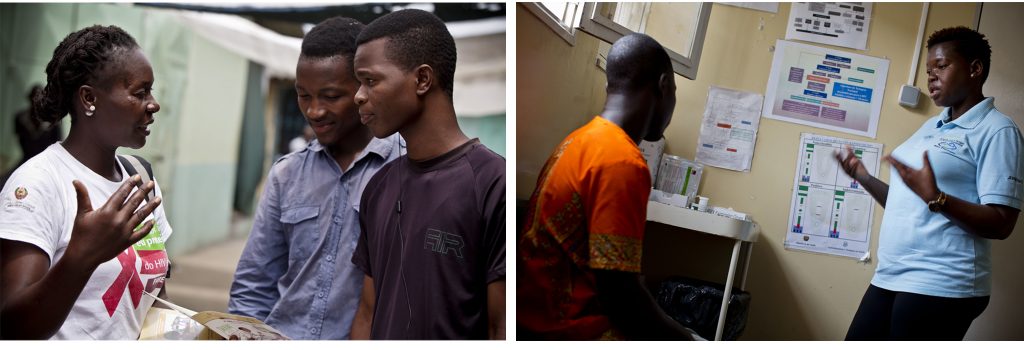
Men-friendly as in client-centered care?
Tigi: Clients polled at VMMC clinics said they felt uncomfortable—unwelcome, even—in health facilities that catered to women and children, where the focus was labor and delivery.
They wanted a place where, in addition to accessing health care, they could sit and socialize with other men, and not feel out of place.
What else influenced Jhpiego?
Tigi: A glaring disparity in health coverage backed up by data. For example, for almost all of the young men coming for VMMC services in Rwanda, that visit was the first and only interaction they’d had with the health care system. We had to maximize that contact and started screening the young men for other illnesses. Of all who needed other services, we identified that 54% had high blood pressure. Random blood-sugar tests revealed some were prediabetic and others diabetic without knowing it.
All of this prompted Jhpiego five years ago to work with the Ministry of Health in Lesotho to pioneer the first-ever integrated comprehensive, nurse-led male clinic to offer services specifically for men.
With funding from the U.S. Agency for International Development, the Khotla men’s clinic at Scott Hospital in Lesotho received over 18,000 patient visits in its first two years. Today it continues to promote a culture of routine health care for men.
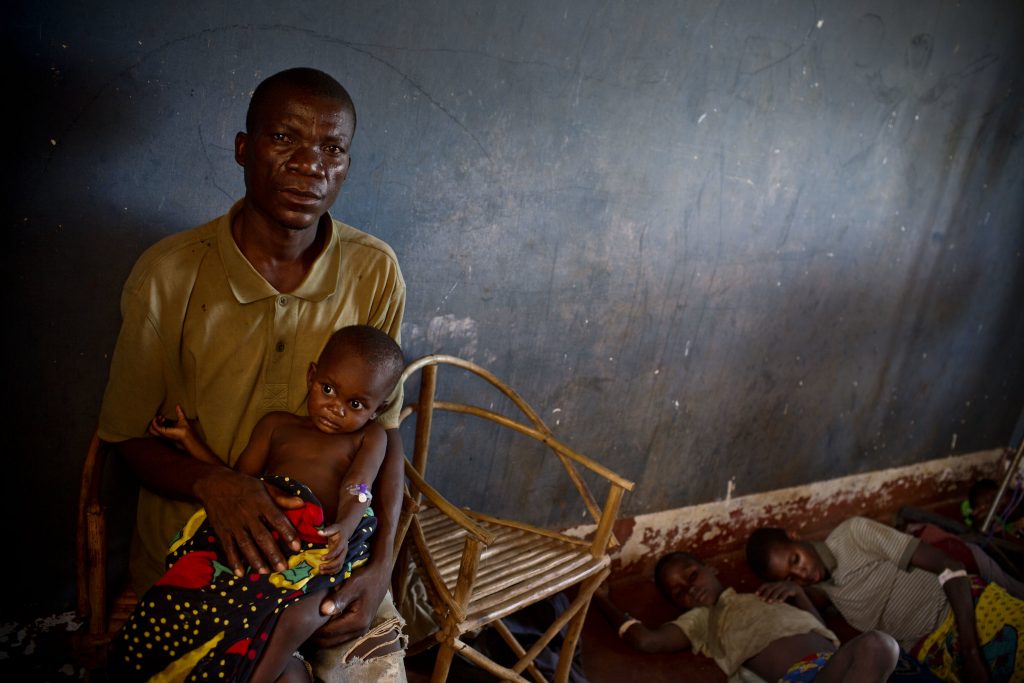
And soon, thanks to funds from 2021 Global Miles for Mothers, the Dondo Health Center will put out the welcome mat for men in Mozambique, promoting gender equity in health. Speaking of the gender aspect, you’re a man. Are men averse to getting health care?
Tigi: Yes, absolutely.
I’ll admit that I share this general reluctance, this hesitancy to seek care. I think there is this mentality that whatever ails us is simple and can be managed and we don’t need to go to a health facility. Oftentimes what happens is because we miss those initial opportunities, by the time we do get to a health facility, things are much worse.
That’s why we need men’s health!
Tigistu A. Ashengo, MD, MPH
Voices from Mozambique.
Maria Roque, Dondo District Administrator, says men should be able to access services specifically for them.
In Beira City, we have services only for women
If we want gender equality
Why don’t we try specialized care for men as well?
We will do our best to effectively achieve this balance.
Nurse Joao Jose Mabuleza emphasizes the importance of male providers to men.
With this initiative, I’m sure things will change, men will be heading to the health facilities, sure that they will be attended by a man, sure that a man just like him will understand better, being from the same gender. It will be wonderful!
Nurse Fernanda Afonso specialized in maternal/child health before focusing on psychology for the past 2 years.
The initiative of having a men’s family clinic is great. To involve more men in our health services, it will be very good for the community, because many men are there in the community, and they are always afraid to approach the health facilities, because maybe there is a nurse there so they can’t explain their issues. Maybe man to man, they can open up more. The demand will be greater.
We have men that sometimes, when they get sick, they go to a pharmacy and end up self-medicating. But with this male family clinic, we will have more patients looked after. The number of consultations will increase. And not only that, but (also) the general demand for men’s health services.
Maryalice Yakutchik is the global communications manager for Jhpiego.



